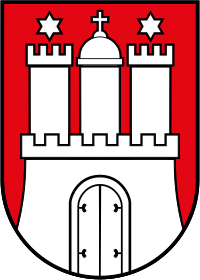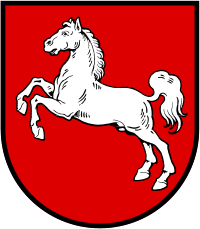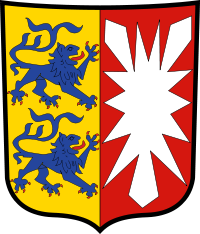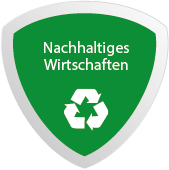Die nachfolgenden Inhalte stammen aus dem Kooperationsprogramm "North Sea" (Version 1.2).
Kurzbeschreibung
Green procurement of the public sector may set incentives and stimulate the development and market penetration of green products.
Förderziel
Stimulate the public sector to generate innovation demand and innovative solutions for improving public service delivery.
Fördergegenstände
Demonstrations-, Modell- und Pilotvorhaben, Produktentwicklung, Markteinführung, Qualitätsregelungen, Zertifizierungssysteme, Sachinvestitionen in Umweltschutzmaßnahmen, Vernetzung, Kooperation, Wissenstransfer
Zuwendungsempfänger
This list of beneficiaries is non-exhaustive. Please check if your particular organization is eligible or ask your National Contact Point.
- Public authorities and their agencies – National, regional, municipal and local administrations, regional development agencies, industrial parks and incubators, regional environmental agencies etc.
- National and European interest organisations and institutes.
- Knowledge institutions – Universities, colleges, research centres, technology centres, providers of professional training, schools, consultants, cluster managers etc.
- Enterprises – Including social enterprises and with a particular focus on small and medium sized enterprises.
- Civil society – Associations, NGOs, charities, community organisations etc.
Förderfähige Gebietskulisse
The programme area encompasses in Germany Bremen, Hamburg, Schleswig-Holstein as well as the NUTS-2-regions Braunschweig, Hannover, Lüneburg und Weser-Ems.
Further countries in the programme area are Dänemark, Norwegen as well as certain regions in the Niederlande, Belgien and the Vereingtes Königreich. A list of the regions can be found here: Link.
Art der Unterstützung
Non-repayable grant
Beschreibung
Actions are assigned to Programme-Part "Thinking Growth".
The public sector can support innovation by creating demand for innovative solutions through procurement of products and services which promote improvents in the environmental profile of existing technologies. Projects to develop successful methods for green procurement, joint procurement and pre-commercial procurement should investigate how best to contract research and product development by the public sector and develop knowledge and experience on how to do this safely. Green procurement can be used to set demands about the environmental performance of goods and services. Pre-commercial procurement can be used to enter into joint research and development projects between the public and private sectors.
Zielgruppe
Innovating enterprises with innovative green products.
Auswahlverfahren
Comprehensive Information on the application assessment process is available under the following Link.
Projektauswahlkriterien
Participation in the programme is not limited to specific types of organization/institution and will rather be decided based on:
- The ability of a partner to contribute to the outputs and results identified for the specific objective.
- The extent to which the partnership can influence development in the wider programme area (i.e. not just a local effect).
- The overall balance of the partnership in terms of geography, expertise and competence (are the participating organisations able to influence the theme?).
- The ability of the partners to live up to the formal requirements for the programme.
The criteria and guidelines for project the selection of projects can be found on pp. 42-43 of the cooperation programme. Additional information on speific types of projects e.g. testing and training, investment and pilot action, best practice, new models, strategies and so forth are available on pp. 22-24.
Laufzeit
Start der Maßnahme: 01.01.2014
Ende der Maßnahme: 31.12.2023





